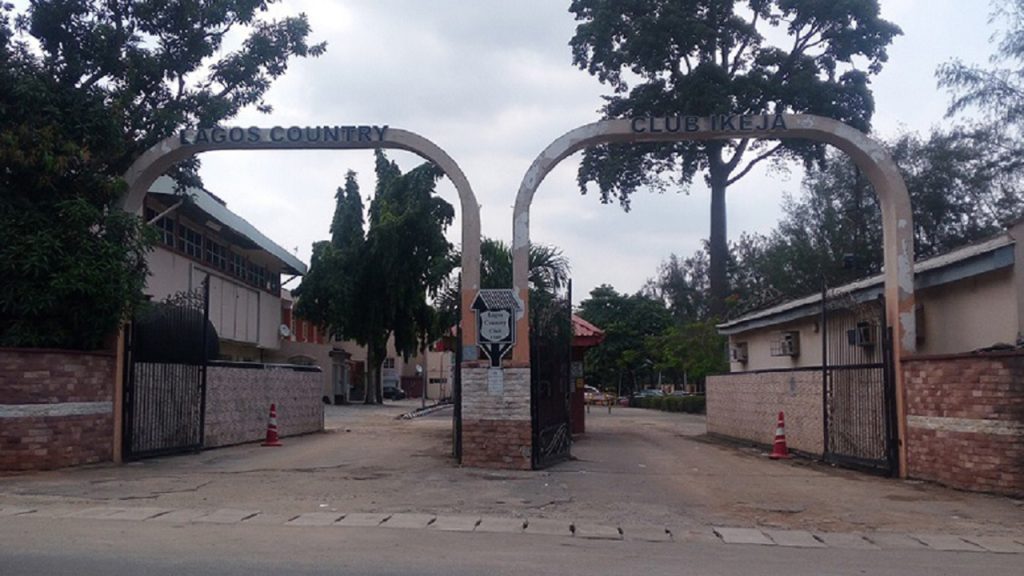The Lagos Country Club’s annual Swim against Malaria competition serves as a vital platform to raise public awareness about malaria prevention and management in Nigeria, a nation grappling with a substantial malaria burden. The event, now in its ninth year, brings together medical professionals, swimmers, and community members to highlight the urgency of combating this deadly disease, which claims an estimated 400,000 lives annually in the country, disproportionately affecting children under five. The competition aims to galvanize action against malaria through collaborative partnerships with various stakeholders, including pharmaceutical companies and manufacturers, ensuring a sustained and impactful effort.
Malaria’s devastating impact on health, particularly among vulnerable populations like young children and non-immune adults, underscores the critical need for effective prevention and treatment. Dr. Olubunmi Apata, an orthopaedic surgeon, emphasizes the potentially life-threatening consequences of the disease, including organ damage affecting the kidneys and brain, leading to cerebral malaria, coma, and even death. The difficulty in determining the severity of malaria necessitates prompt and accurate medical diagnosis and treatment to mitigate its adverse effects and prevent fatalities. This underscores the importance of accessible healthcare and community education in managing the disease effectively.
The Swim against Malaria initiative advocates for a multi-pronged approach to combat the disease. Dr. Laja Adesina, a member of the organizing committee, calls for heightened governmental attention and resources dedicated to malaria control, drawing parallels with the national response to the COVID-19 pandemic. He argues that a similar level of commitment, encompassing public awareness campaigns, education, and community engagement, could significantly curb the spread of malaria. The disease’s impact extends beyond individual health, affecting productivity and the overall national economy, further emphasizing the need for a comprehensive and sustained national strategy.
The World Health Organization recognizes Nigeria as bearing one of the world’s heaviest malaria burdens. This sobering statistic underscores the urgency and importance of implementing proven preventative measures, such as the widespread use of insecticide-treated nets and maintaining proper environmental sanitation. The Lagos Country Club’s initiative exemplifies the vital role community-based programs play in supplementing national efforts, driving awareness, and promoting proactive measures to protect individuals and communities from this preventable disease.
The Swim against Malaria competition is more than just a sporting event; it’s a powerful advocacy platform. By combining athleticism with health education, it reaches a broad audience, emphasizing the collective responsibility in combating malaria. The event’s continued success hinges on fostering strong partnerships, promoting community engagement, and advocating for increased governmental support. This multifaceted approach is crucial in translating awareness into action and ultimately reducing the devastating impact of malaria in Nigeria.
The long-term goal of the Swim against Malaria initiative is to contribute to a malaria-free Nigeria. This ambitious vision requires sustained efforts across all levels of society, from individuals taking preventive measures to government implementing comprehensive control strategies. By continuing to raise awareness, promoting education, and advocating for increased resources, the Lagos Country Club’s annual event plays a crucial role in moving Nigeria closer to this goal, ultimately saving lives and improving the health and well-being of its citizens.


